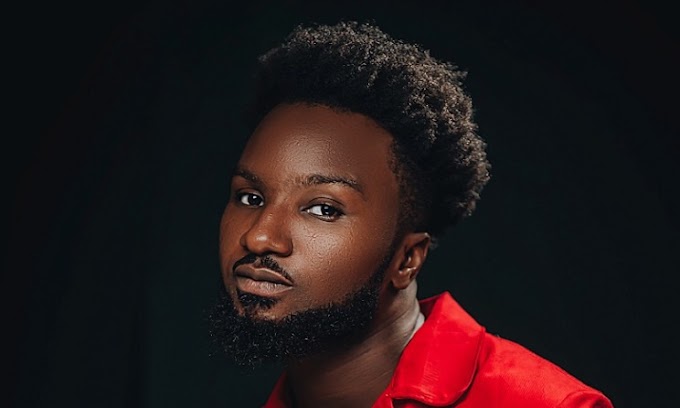Media personality and the CEO of Image Bureau, George Quaye, and other stakeholders in the creative arts industry are optimistic the Supreme Court will deliver a favourable judgement on the case against the Food And Drugs Authority (FDA).
The stakeholders had, in November 2022, dragged the FDA to the apex court over the Authority’s decision to ban the advertisement of alcohol by celebrities.
Speaking to JoyNews’ Richard Kwadwo Nyarko, George Quaye stressed that collaborations and endorsements with corporate institutions in the creative arts industry were essential to the growth of the creative arts industry.
As such, he believes the FDA’s ban restricts potential investments for the industry emphasising that support and advertisement with alcoholic beverage brands are one of the few investment opportunities for creatives.
“It is not like when the money comes into the space, celebrities or artists keep it to themselves. They reinvest it into the industry by employing other people and investing in other initiatives.”
George Quaye the lawsuit is not intended to provoke a conflict with the FDA but rather to seek a judgement favourable to everyone and ensure that creatives get the investment and support needed.
“The celebrities have kids and they have families. Naturally, they would not want to endorse products that would go and affect their kids negatively.
"So they are willing to be responsible and just as things are done responsibly, they are also willing to do this and do it responsibly. So we are hopeful for something in our favour, or let me say in their favour.”
He added that “at the end of the day, we can all sit with the FDA and find a way that even if celebrities endorse alcoholic products, it will still go in a way that children will be protected.”
The Image Bureau CEO added that celebrities can still be tasked to campaign against alcoholism among children.
“So we're just being hopeful that at least they would hear us…At the end of the day, it endures the benefit of Ghana as a country. It's not like anybody wants to banter with the FDA or fight with them in a way.”
Meanwhile, on April 10, 2024, the Supreme Court will deliver judgement on the case.
The date was fixed by a seven-member panel of the Supreme Court chaired by Chief Justice Gertrude Torkornoo on Wednesday, January 17, 2024.
Background
The Food and Drug Authority in 2015, banned celebrities from participating in alcoholic beverage advertisements.
The FDA explained that the ban on celebrities from advertising alcoholic beverages is an adherence to a World Health Organization (WHO) policy.
According to the Authority, the ban is part of efforts to ensure that minors are protected from being lured into alcoholism.
However, the issue has reared its head again in recent years. It grew bigger when Wendy Shay, in 2020, criticised the FDA and the Gaming Commission of Ghana for banning celebrities from advertising alcoholic beverages and gaming companies.
The musician was of the view that the Authority’s directive was an attempt to “take food from our mouth”.
Failure to ink a deal with an alcoholic beverage company, the RuffTown Records signee said it cost her a great deal as money she could have potentially generated has been lost and called on fellow celebrities to rise against the policy.
The FDA at the time vehemently denied trying to cost celebrities their livelihood and insisted they aimed to protect children.
But, in 2022, the Authority was dragged to the Supreme Court.
The plaintiff, Mark Darlington Osae, a music publisher at Perfect Note Publishing, is also the Chairman and co-founder of Ghana Music Alliance, a group aimed at streamlining systems, structures and institutions of the creative industry through activism.
In the writ, the plaintiff said areas of the FDA’s 2015 regulations are tantamount to discrimination on grounds of economic status, and occupation among others.
The artiste manager and music publisher is therefore praying the Supreme Court to render the guidelines which stipulate that, "no well-known personality or professional shall be used in alcoholic beverage advertising” as unconstitutional.
The plaintiff says it is inconsistent with and in contravention of articles 17(1) and 17 (2) of the 1992 Constitution.
Shatta Wale, Brother Sammy, Kuami Eugene, and Camidoh, had all spoken against the law and had called on powers that be to repeal it, before the court action initiated by Mark Darlington.
Source: Nasiba Yakubu














0 Comments